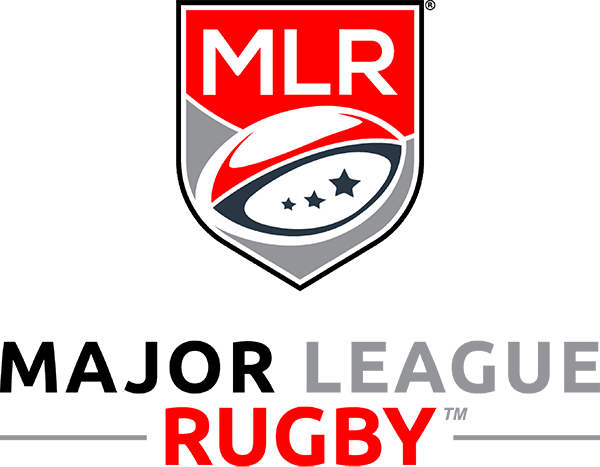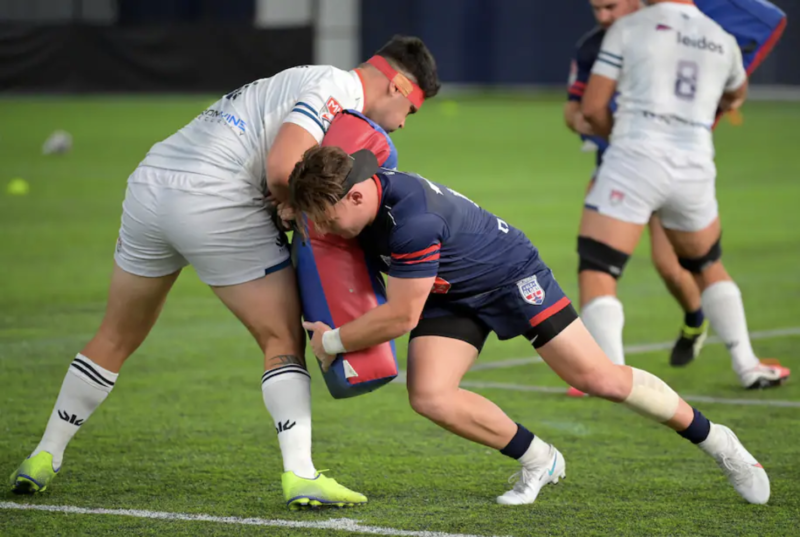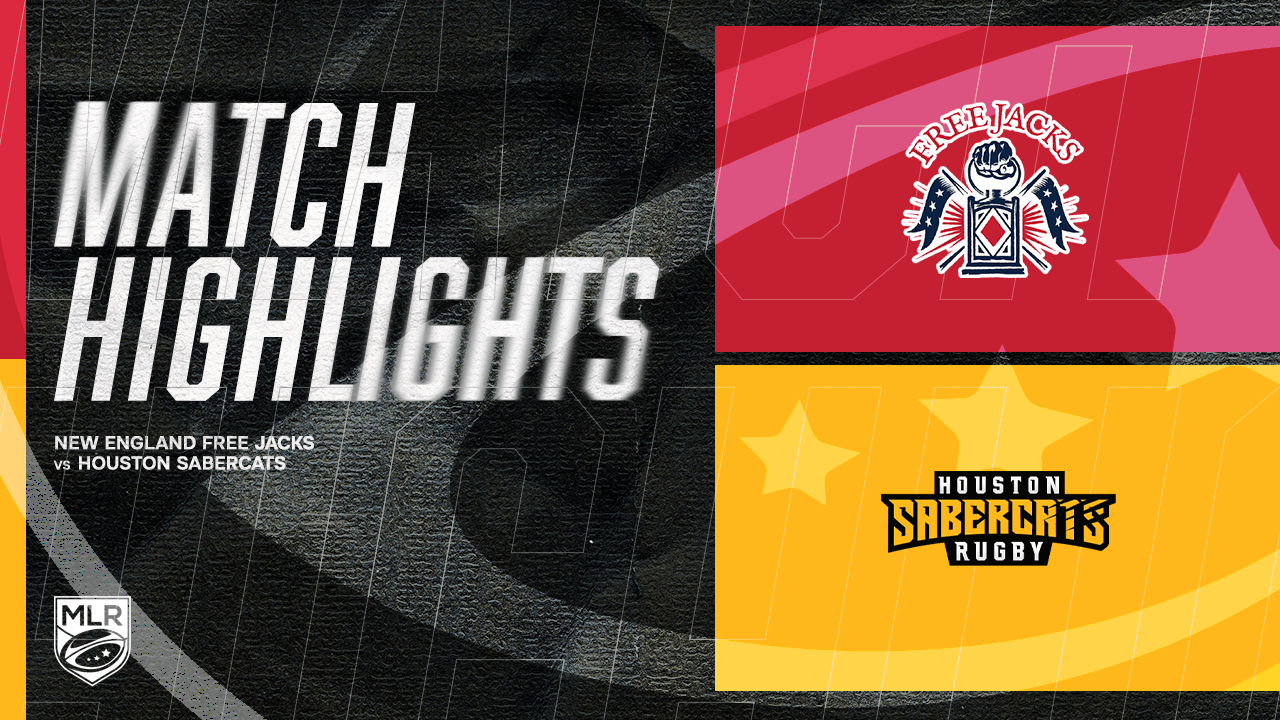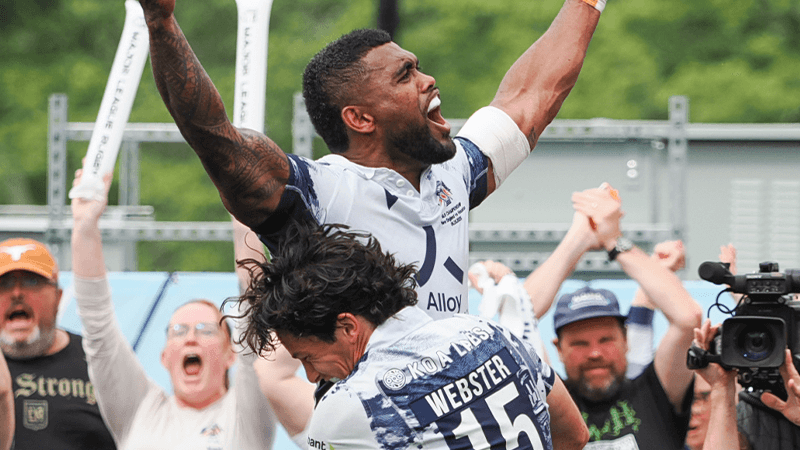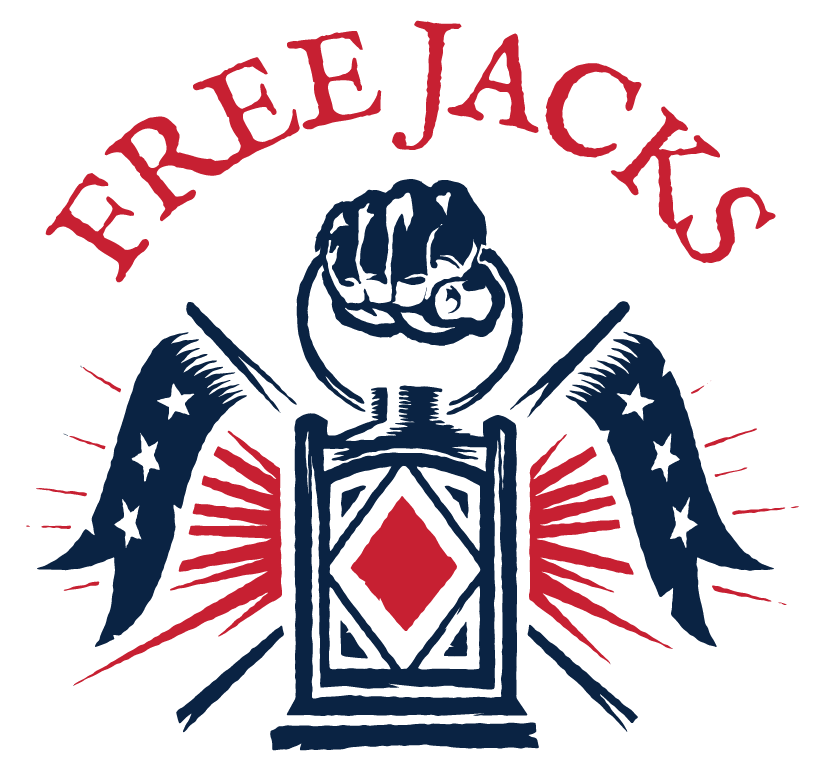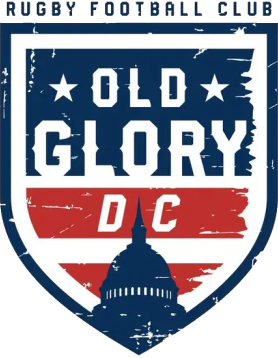The next morning, players awoke to a text message instructing them to report to the practice field for an impromptu and mandatory meeting.
“I’m thinking, ‘Oh, God, what did the boys do last night?’ ” utility back Renata Roberts-Tenana recalled in a Zoom interview last month.
When the players arrived, Douglas, Old Glory operations manager John Manson and co-owner Chris Dunlavey were waiting with beers. They delivered the news that Major League Rugby had suspended all matches for 30 days to “assess the impact of covid-19.” A week later, the league canceled the rest of its third season.
The international players on Old Glory’s roster returned to their homes across the globe to ride out the coronavirus pandemic. For the team’s six players from New Zealand and Australia, life mostly returned to normal over the ensuing months thanks to their countries’ aggressive mitigation efforts in the early stages of the crisis.
In the past three weeks, most of those players returned to the District, the capital of a nation that experienced its deadliest month of the pandemic in January and the following month saw its overall death toll surpass a half-million. But there doesn’t seem to be a sense of whiplash about the move for the players who left their largely covid-free lives in Oceania behind. They’re excited to be here, confident that the league’s safety protocols will work and determined to build on the early success of a promising campaign cut short when the 2021 season begins March 20.
“I was always pretty certain that I was going to come back,” said Old Glory fly half Jason Robertson, a 26-year-old New Zealander who led the league in scoring during the abbreviated 2020 season. “This place is awesome, and the people were nothing but nice to me.”
Douglas, the coach, remained in D.C., separated for most of last year from his wife and two college-aged children in New Zealand. He said he understands why the response has been so different in the two countries he has called home during the pandemic.
“New Zealand is an island nation of 5 million people with borders that you can control,” he said. “It’s a compliant culture. Americans have fought for their freedoms for hundreds of years now. One’s not right or wrong; that’s just the way it is.”
By the fall, Douglas was confident that MLR could safely return in 2021, but as coronavirus cases surged in the United States around Thanksgiving, he worried that some of his international players might think twice about coming back.
“I’ve been following the news so I could make an educated decision about whether my life was going to be at risk if I went back to America,” Roberts-Tenana said last month before departing New Zealand.
Roberts-Tenana, 27, who already has begun planning for his post-playing career, isn’t ready to give up on his passion just yet, which is the primary reason he decided to rejoin Old Glory.
“Exposure to that higher skill level that’s offered in international rugby is something you’ll cherish for life if you go into coaching, broadening your base of rugby, understanding different types of rugby, which is like a language in itself,” he said. “We’re extremely lucky in New Zealand, but you either sit there and lock yourself up for the rest of your life, or you face it and do what you have to do.”
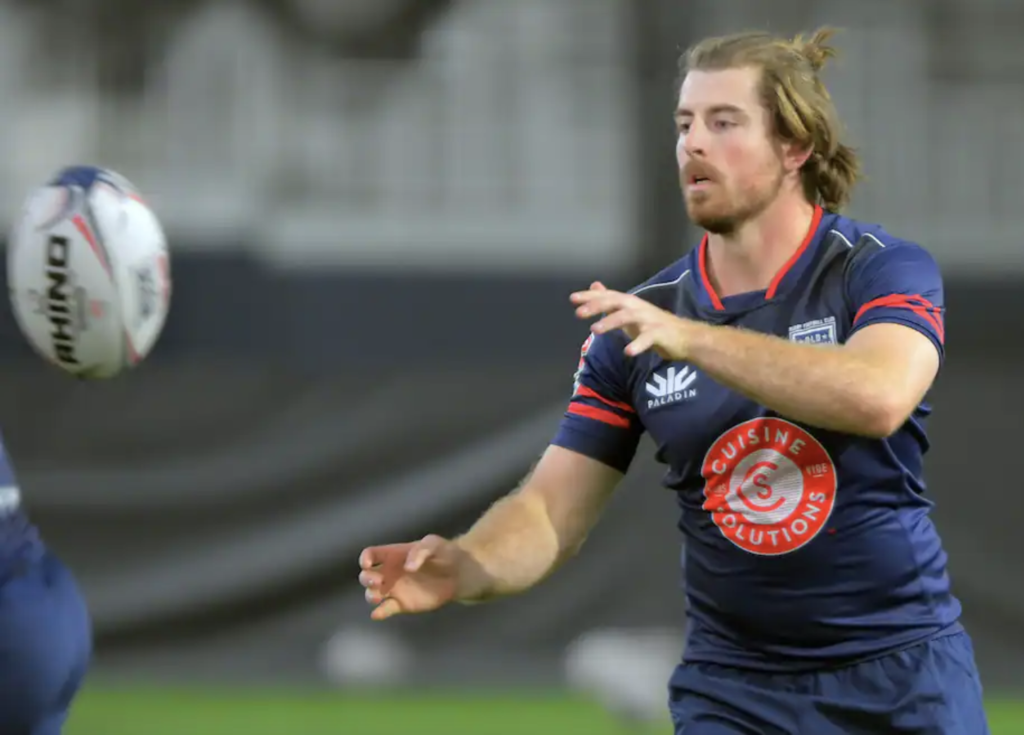
Robertson said returning to D.C. was a “no-brainer”; it gives him the opportunity to play rugby year-round.
“Our season in New Zealand doesn’t start until July, so I have a six-month span where I’m not doing a hell of a lot,” he said.
Old Glory co-captain Mungo Mason, a 25-year-old flanker who was born in Scotland and grew up in New Zealand, consulted with several medical professionals, in the United States and at home, before committing to return. That group included his mom, Helen, who led the coronavirus response for the Department of Health and Human Services in Victoria, Australia.
“The American league is such an amazing experience,” Mason said. “The opportunity to be part of something brand new and what I hope is going to be a successful professional league, that’s a draw for me, as is being able to live in D.C.”
New Zealand took a strict early approach to limiting transmission of the coronavirus. The country closed its borders to foreigners March 19 and entered a 49-day lockdown, with only medical-related and grocery store trips allowed for the first five weeks. By May, the nation’s confirmed cases fell to zero. Restrictions were tightened after a mysterious outbreak in August, but most were lifted in September. (Over the past weekend, two new cases prompted a seven-day lockdown in Auckland, New Zealand’s largest city.)
Australia, where Mason spent much of the year before returning to D.C. last month, took a similarly aggressive approach, closing its borders and requiring returning residents to spend two weeks in supervised quarantine hotels.
As New Zealand and Australia contained the virus’s spread, rugby was one of the first sports to return with fans permitted at games. In what’s believed to be the largest crowd for a sporting event during the pandemic, nearly 50,000 people attended the deciding match of the State of Origin series in Queensland, Australia, in November.
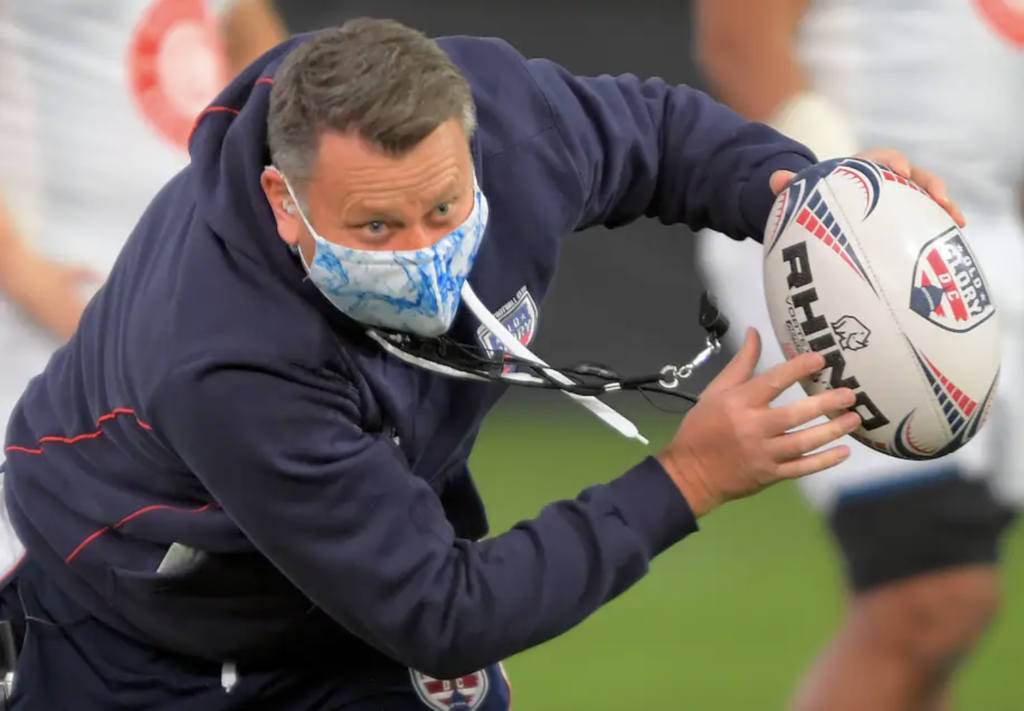
Upon returning to the United States last month, Old Glory’s players quarantined for five days. The majority of the team is housed at the Trove Apartments in Arlington. A five-page document details the coronavirus protocols for players and staff, including a daily symptom check and biweekly tests, as well as travel guidelines for the 18-week season.
“They’re putting health and safety first,” Robertson said. “The NBA and the NHL have shown that it can be done, so I’m pretty confident that we can do the same.”
After playing at Catholic University in Northeast Washington last year, Old Glory will move its home games to Segra Field in Loudoun County this season. In accordance with Virginia’s revised guidelines, the team recently announced that 1,000 fans will be permitted at its home opener March 27.
As he navigates the challenges of the shortest preseason he has experienced in more than a decade of coaching, Douglas said he will be relying on his veteran players, including those who witnessed the benefits of short-term sacrifices firsthand while back home in New Zealand and Australia, to keep everyone in line.
“If they make a poor choice, they make a poor choice, and obviously the consequences for those choices have expanded,” Douglas said. “It used to be you’d get drunk or get into some trouble and maybe get suspended. Now you could actually put the whole team out. We’re still getting our heads around the protocols, but I think it’s going to be good for everybody to get the season underway.”
